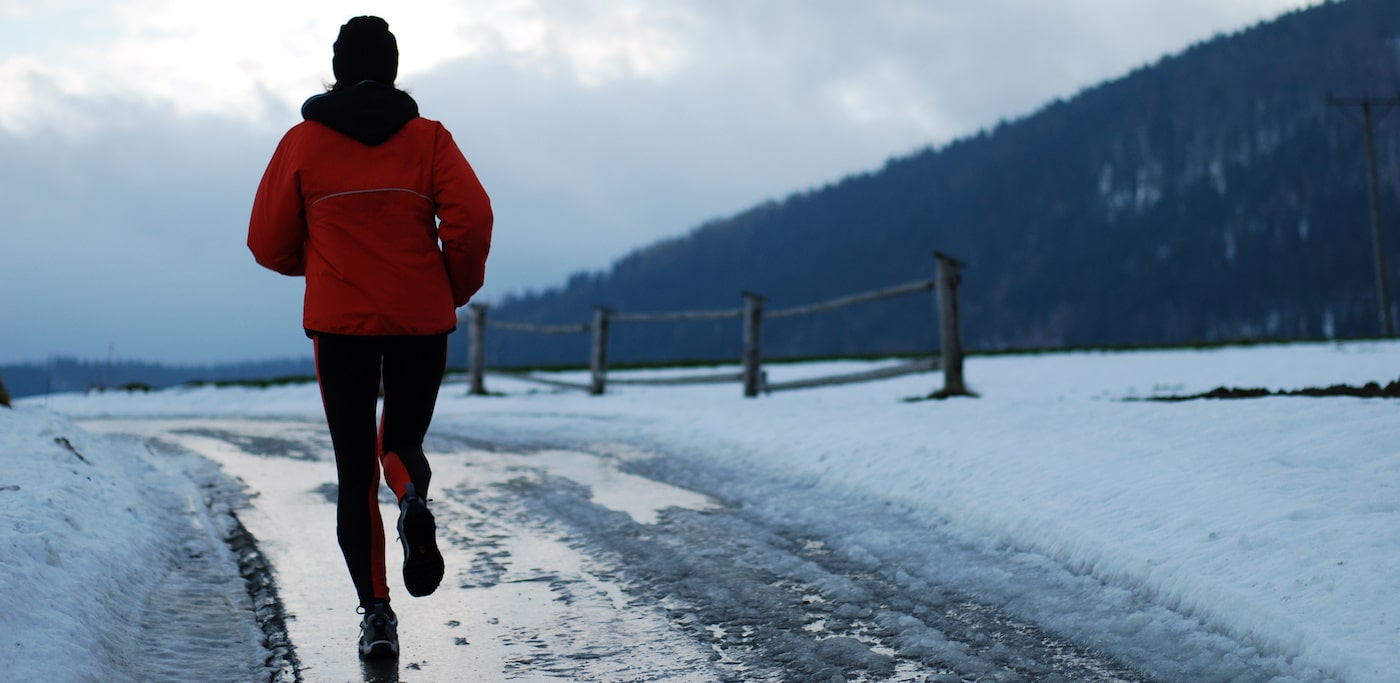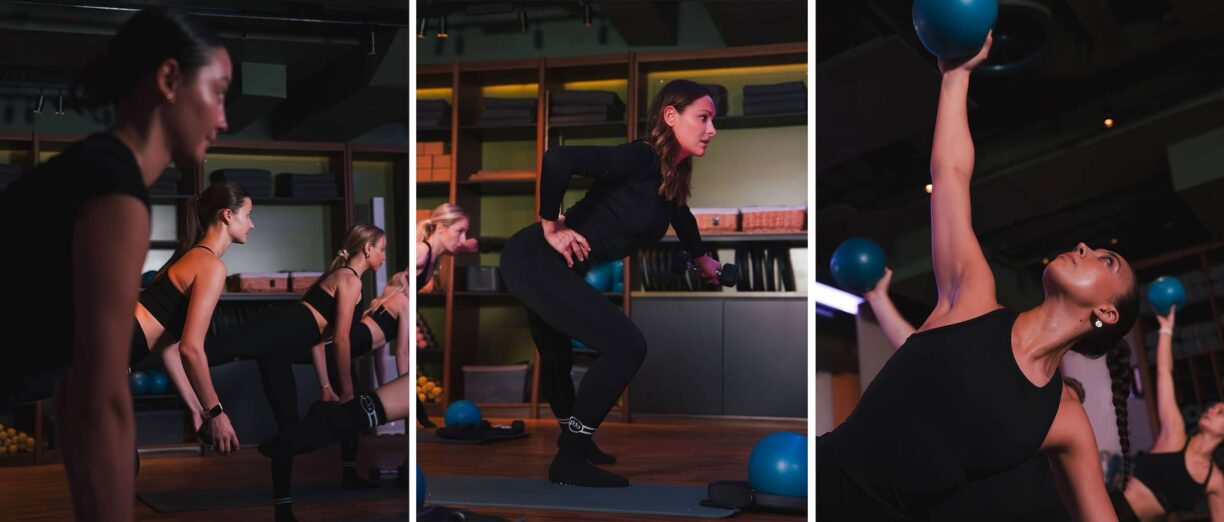As the mercury plummets across the UK, interest in winter exercise appears to be on thin ice. Fresh data reveals that a national “fitness freeze” kicks in each year when the chill sets in, with searches for gym sessions and running routes taking a nosedive from October onwards.
But physical challenges aren’t the only hurdle—Seasonal Affective Disorder (SAD) cases also surge during the winter months, with national searches for SAD increasing by an average of 113% when the days shorten.
Experts say this points to a dual threat for Brits’ wellbeing: the colder weather derails workout plans at the exact moment mental health support is most needed.
A Tale of Four Nations
Leisure operator Better analysed online search behaviour right across the UK, unearthing some stark contrasts. Scotland leads the way in skipping out on workouts, with a substantial 30% drop in cold-weather searches for “gym routine” and “running routes.”
Given the country’s famously bracing winters, it’s perhaps no surprise that many Scots huddle indoors rather than pounding the pavement.
Wales, on the other hand, refuses to let a bit of cold get in the way of a good workout. With just a 9% drop in exercise-related searches, the Welsh seem far more willing to power through the winter months than their UK neighbours.
Meanwhile, Northern Ireland and England sit somewhere in the middle—both seeing a steadier decline of 14% and 15% when the temperature takes a dip.
City-by-City Analysis
The chill factor really bites in Glasgow—famed for its friendly locals but evidently not for its winter workouts—where a whopping 36% fall in activity-related searches was recorded.
Sheffield and Bradford aren’t far behind, each reporting a 28% dip, while Leeds (-26%) and Liverpool (-25%) round out the top five locations most likely to abandon their trainers once autumn ends.
In refreshing contrast, Swansea and Preston both record a 29% surge in winter exercise motivation, marking them as the UK’s unlikely champions of cold-weather fitness. Nottingham also thumbs its nose at the chilly climate with a 25% jump in searches, closely followed by Southampton and Leicester, each posting impressive gains of their own.
Winter Workouts vs. Seasonal Affective Disorder
While enthusiasm for exercise fluctuates, another issue sees a spike in attention during winter: SAD, a form of depression linked to reduced daylight.
Each year, internet searches for the term rise dramatically between September and October, right when many people are packing away their summer gear.
According to counsellor Georgina Sturmer, staying physically active can help ease the symptoms of SAD:
“Physical activity doesn’t just benefit our bodies—it can also boost our mental wellbeing. Moving our muscles and elevating our heartbeat tunes us into what our body needs, helping us stay connected to the outside world. This is particularly powerful during winter, when SAD becomes more pronounced.”
Sturmer highlights that activities like outdoor walking groups or fitness classes can offer a crucial social component, helping combat loneliness and low mood.
Simply setting achievable goals and remembering the immediate mood-boosting effects of a workout might be enough to keep motivation levels high—even when the days are shorter and darker.
Tips to Thaw Your Fitness Freeze
For those struggling to stay active, Sturmer advises breaking up the season’s cosy indoor habits with walks, yoga sessions, or gym classes with friends.
Planning social outings around activities, instead of the usual winter pub nights, can help tackle the “fitness freeze” head-on.
If you’re keen to find out more about overcoming winter hurdles and making the most of your workouts, visit Better’s research page for additional tips and insights.
Embracing a winter exercise mindset isn’t just about dodging seasonal lethargy—it’s a chance to invest in both physical and emotional health, even when the weather suggests otherwise.





